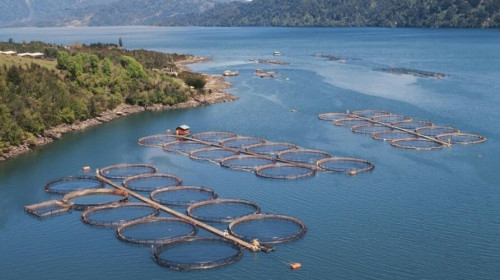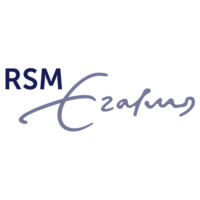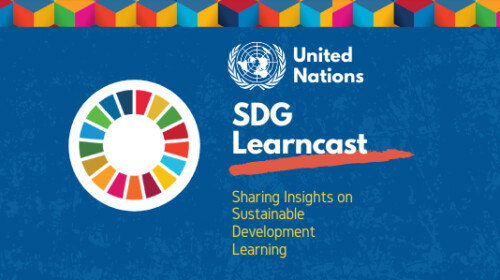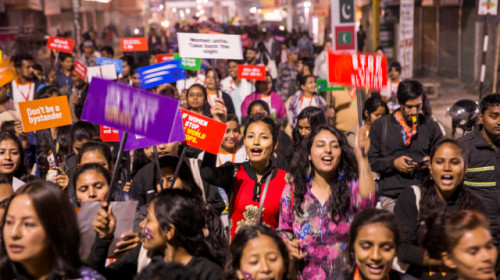The Chilean salmon industry had grown exponentially since its beginnings in the early 1980s, becoming the second largest salmon producer in the world after Norway in 2019. This economic growth, however, brought about impactful environmental and social implications in the South of Chile. In 2011 the Chilean branches of Rabobank and WWF began to address these concerns by means of a partnership in sustainable salmon farming.
After nearly a decade of cooperation, more than 80% of Chilean salmon was cultivated at sea under improved environmental certification standards, 31% of the Chilean salmon production had ASC certification (a leading environmental certification in salmon farming), and a social toolkit was being used by the partners to improve communication between salmon producers and the communities surrounding them. The remaining challenges for the partnership were to boost salmon production companies to deepen their sustainable practices and expand the number of certified farms, but most of all to empower communities to reach out to the salmon companies with their needs and concerns.
Learning objectives:
1. Understand the concept of cross-sector partnerships (CSPs) applied to a real situation;
2. Identify the drivers that ignited a CSP;
3. Describe the process of a CSP;
4. Categorise the collaboration described in the case using partnership theories.







